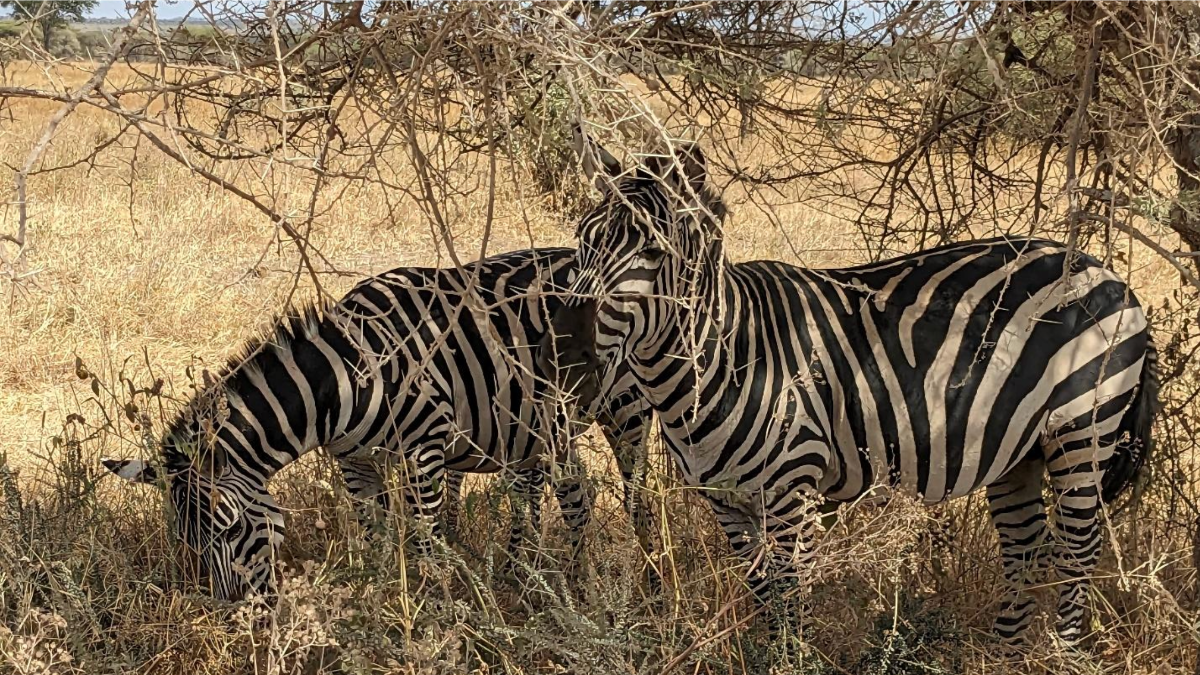Africa – A Personal Reflection
By James R. Strittholt, Executive Director
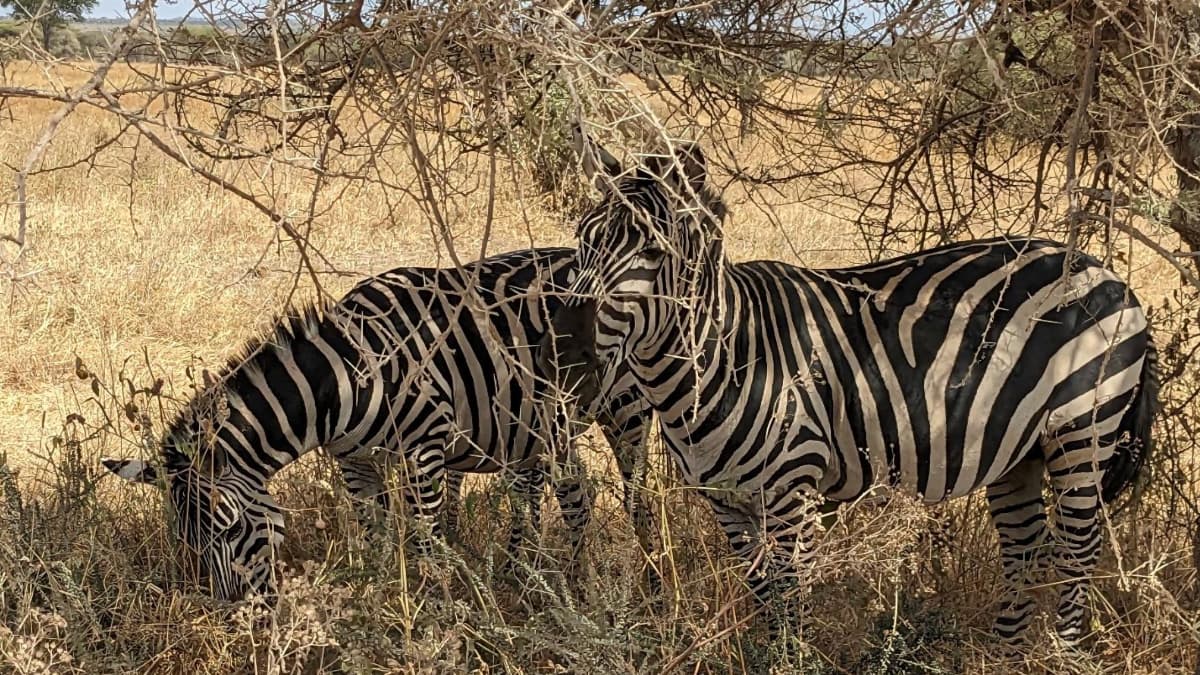
I have been fascinated with nature my entire life. As a young boy, the images, movies, and stories about Africa energized and helped motivate me toward a career in conservation. During a recent trip to East Africa, I was fortunate to fulfill a lifetime dream of seeing it in person – I was not disappointed.
The Main Story…
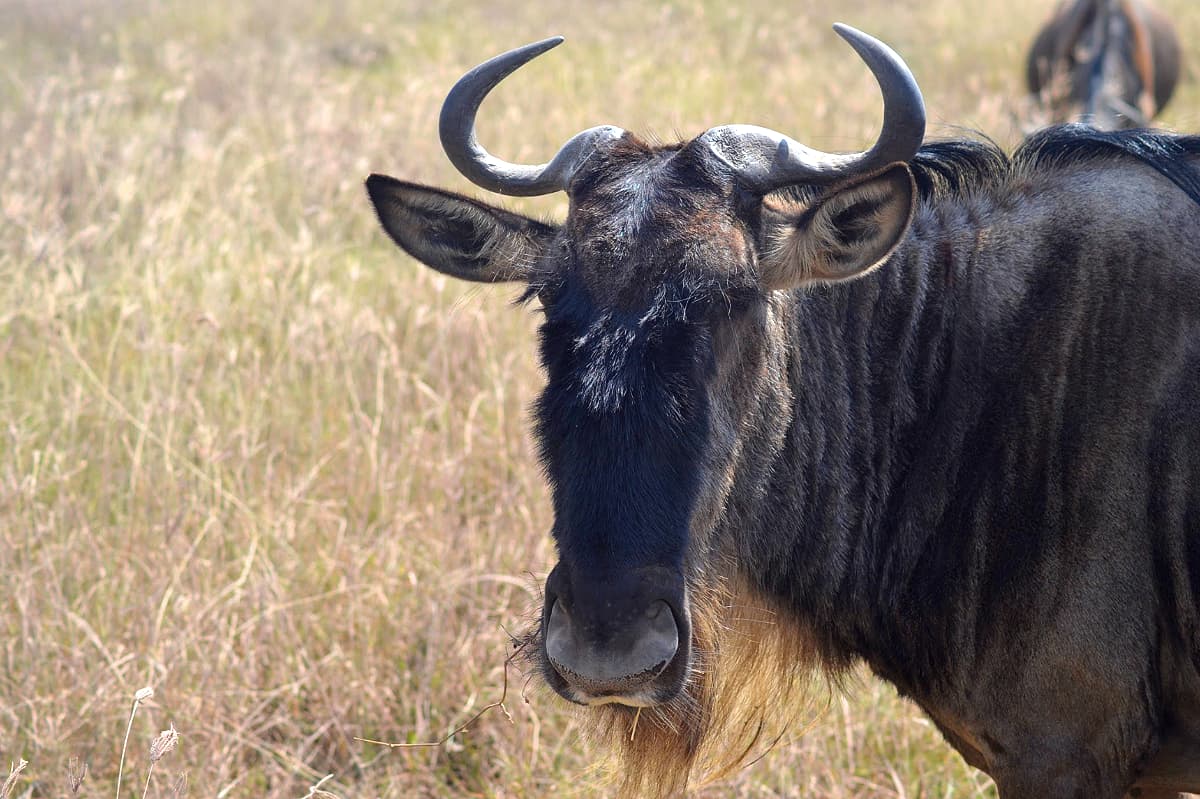
It’s the dry season in Tanzania and 1.5 million white-bearded wildebeest along with hundreds of thousands of other grazers such as zebras and gazelles are on their annual migration across the Mara River in the Serengeti heading for Kenya. I’ve seen many wonderfully filmed and narrated documentaries about the Serengeti migration as well as on other parts of Africa, but experiencing it in person brought the energy of the place and all of its creatures alive in ways I did not expect. Being around so much diversity and so much life left me feeling more hopeful than I have felt in a very long time. Seeing babies everywhere, especially the elephants, provided unexpected and welcomed rejuvenation to an overworked mind and a worried soul. Conservation is a tough business.
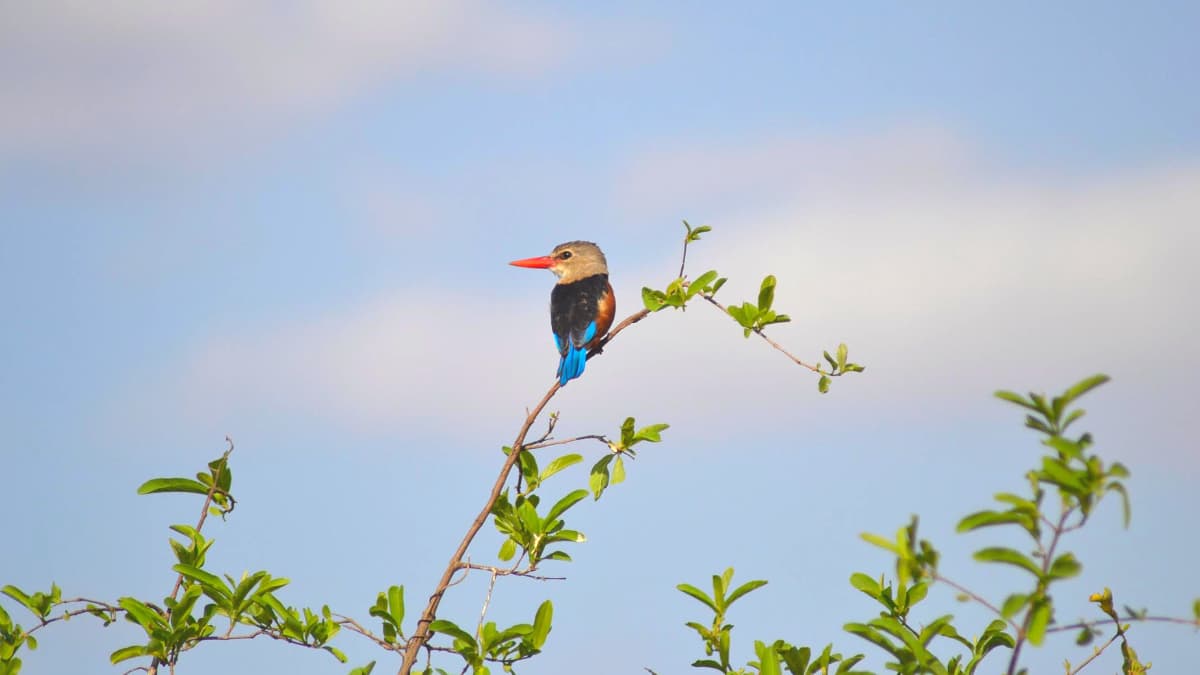
There are many tales to tell, but allow me to share just one. We were in the Ngorongoro Caldera and we stopped to view a congregation of water birds – storks, herons, ibises, and lapwings – all resting on large gray boulders on the edge of a beautiful pond laced with lush vegetation. A beautiful malachite kingfisher rested in a nearby shrub. On closer examination, those boulders were actually a bloat of hippos enjoying the morning sun. I found myself transfixed surrounded by so many sights, sounds, and smells – everything was alive! Even those boulders in the pond. For a few moments, it seemed as if time stopped and I found myself thinking, “This must be Eden – it is real and it still exists!”
The people we met during our journey were exceedingly gracious and kind, all just trying to live their best lives. I’m sure many do not feel they live in such a treasured land. Humans often tend to see their home ranges as not particularly special. Doesn’t everyone have giraffes walking through their backyards? But there are many who care deeply about protecting their natural heritage, especially the young people. Tanzania has managed to protect over 38% of the country in designated protected areas (ranked 18th in the world – the U.S. is ranked 119th) and ecotourism has become extremely important to the national economy.
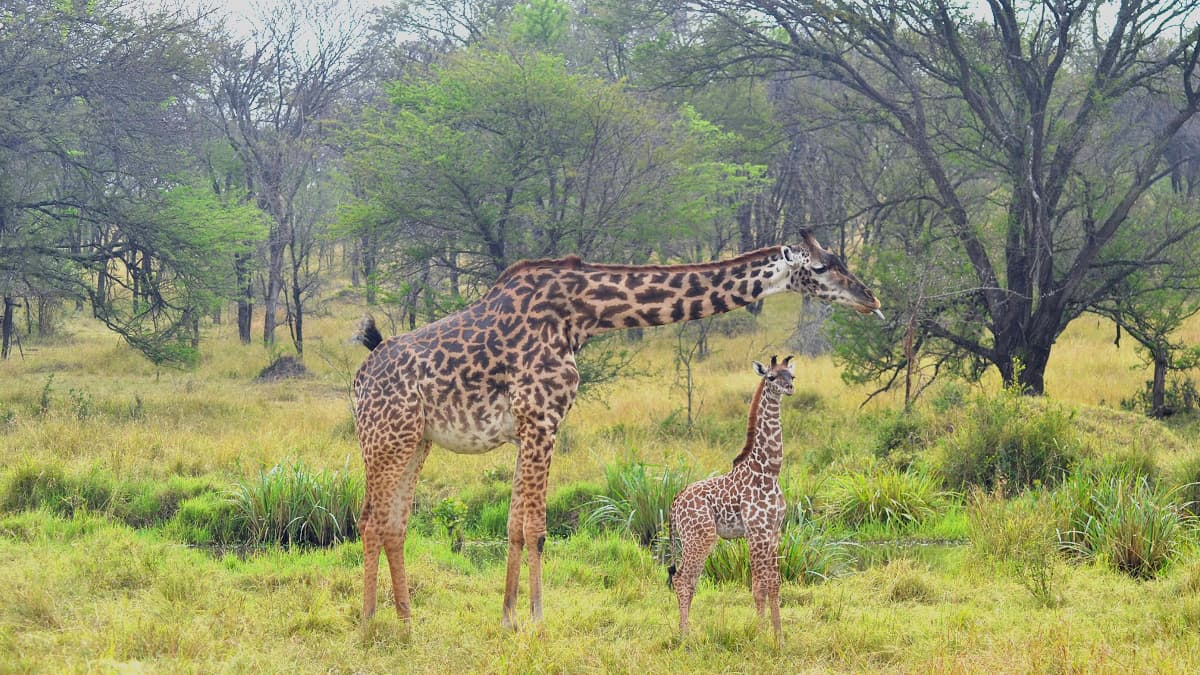
Africa is facing tremendous challenges. Perhaps most of which is the surging human population. The countries making up the African continent are expected to account for most of the global population growth over the next few decades while other parts of the world begin to stabilize or even decline. For now, countries like Tanzania are ahead of the game in determining how to balance the needs of the people with the needs of the numerous wild creatures. But pressures are mounting and threading this needle into the future will not be easy. There is much work to be done and the world can’t afford to fail.
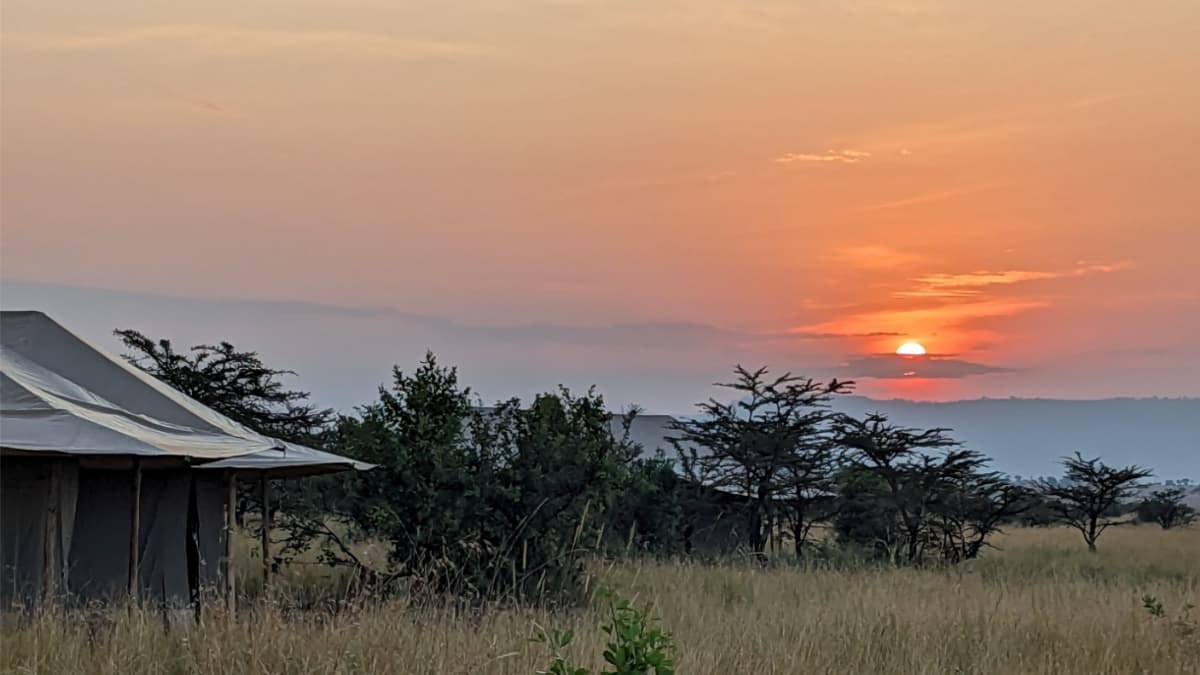
Ernest Hemingway once wrote, “All I wanted to do now was get back to Africa. We had not left it yet, but when I would wake in the night, I would lie, listening, homesick for it already.” This never resonated with me before. Now I get it.
